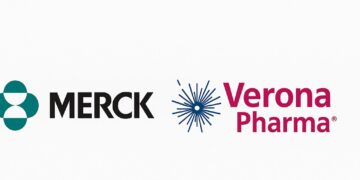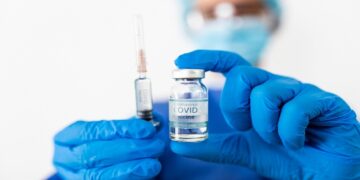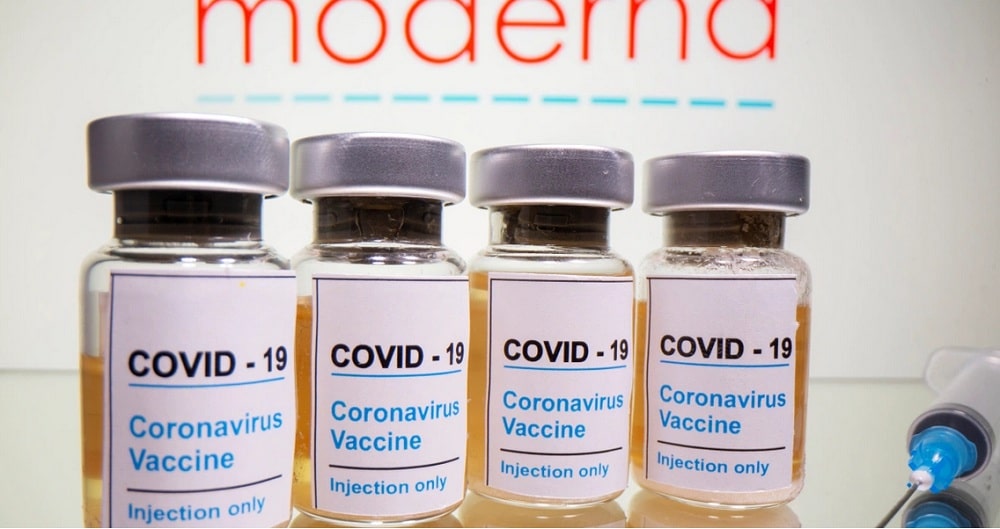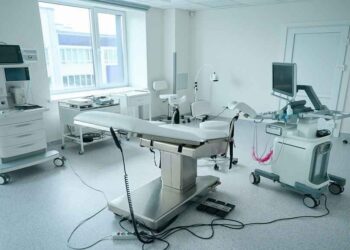Moderna, Inc., a biotechnology company pioneering messenger RNA (mRNA) therapeutics and vaccines, announced that Swissmedic, the Swiss Agency for Therapeutic Products, has authorized the COVID-19 Moderna Vaccine in Switzerland.
The authorization is given according to the ordinary approvals procedure and is based on a rolling submission of data and the totality of scientific evidence shared by the Company, including a data analysis from the pivotal Phase 3 clinical study announced on November 30.
“Having our COVID-19 Vaccine Moderna authorized in Switzerland is an important milestone for us,” said Stéphane Bancel, Chief Executive Officer of Moderna. “Switzerland has played a critical role in Moderna’s history since our early days and it means a lot to us that we can now provide a highly effective vaccine to help protect the citizens of Switzerland.”
The Swiss Federal Government has secured 7.5 million doses of the COVID-19 Vaccine Moderna. Following today’s authorization, the first deliveries are expected to begin in Switzerland in the next week.
Moderna has also received authorization for its COVID-19 vaccine from regulatory authorities in the United States, Canada, Israel, the European Union and the United Kingdom. Additional authorizations are currently under review in other countries and by the World Health Organization.
To learn more about Moderna’s work on COVID-19 Vaccine Moderna, visit www.modernatx.com/COVID19.
About the COVID-19 Vaccine Moderna
The COVID-19 Vaccine Moderna (referred to in the U.S. as the Moderna COVID-19 Vaccine) is an mRNA vaccine against COVID-19 encoding for a prefusion stabilized form of the Spike (S) protein, which was co-developed by Moderna and investigators from NIAID’s Vaccine Research Center. The first clinical batch, which was funded by the Coalition for Epidemic Preparedness Innovations, was completed on February 7, 2020 and underwent analytical testing; it was shipped to the NIH on February 24, 42 days from sequence selection. The first participant in the NIAID-led Phase 1 study of the Moderna COVID-19 Vaccine was dosed on March 16, 63 days from sequence selection to Phase 1 study dosing. On May 12, the U.S Food and Drug Administration granted the Moderna COVID-19 Vaccine Fast Track designation. On May 29, the first participants in each age cohort: adults ages 18-55 years (n=300) and older adults ages 55 years and above (n=300) were dosed in the Phase 2 study of the vaccine. On July 8, the Phase 2 study completed enrolment.
Results from the second interim analysis of the NIH-led Phase 1 study of the Moderna COVID-19 Vaccine in the 56-70 and 71+ age groups were published on September 29 in The New England Journal of Medicine. On July 28, results from a non-human primate preclinical viral challenge study evaluating the vaccine were published in The New England Journal of Medicine. On July 14, an interim analysis of the original cohorts in the NIH-led Phase 1 study of the vaccine was published in The New England Journal of Medicine. On November 30, Moderna announced the primary efficacy analysis of the Phase 3 study of the vaccine conducted on 196 cases. On December 3, a letter to the editor was published in The New England Journal of Medicine reporting that participants in the Phase 1 study of the Moderna COVID-19 Vaccine retained high levels of neutralizing antibodies through 119 days following first vaccination (90 days following second vaccination).
About Moderna
In 10 years since its inception, Moderna has transformed from a science research-stage company advancing programs in the promising-but-still-unproven field of messenger RNA (mRNA), to an enterprise with its first medicine having treated millions of people, a diverse clinical portfolio of vaccines and therapeutics across six modalities, a broad intellectual property portfolio in areas including mRNA and lipid nanoparticle formulation, and an integrated manufacturing plant that allows for both clinical and commercial production at scale and at unprecedented speed. Moderna maintains alliances with a broad range of domestic and overseas government and commercial collaborators, which has allowed for the pursuit of both groundbreaking science and rapid scaling of manufacturing. Most recently, Moderna’s capabilities have come together to allow the authorized use of one of the earliest and most-effective vaccines against the COVID-19 pandemic.
Moderna’s mRNA platform builds on continuous advances in basic and applied mRNA science, delivery technology and manufacturing, and has allowed the development of therapeutics and vaccines for infectious diseases, immuno-oncology, rare diseases, cardiovascular diseases and auto-immune diseases. Today, 24 development programs are underway across these therapeutic areas, with 13 programs having entered the clinic. Moderna has been named a top biopharmaceutical employer by Science for the past six years.



















